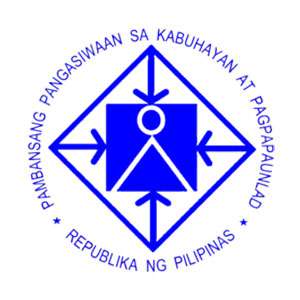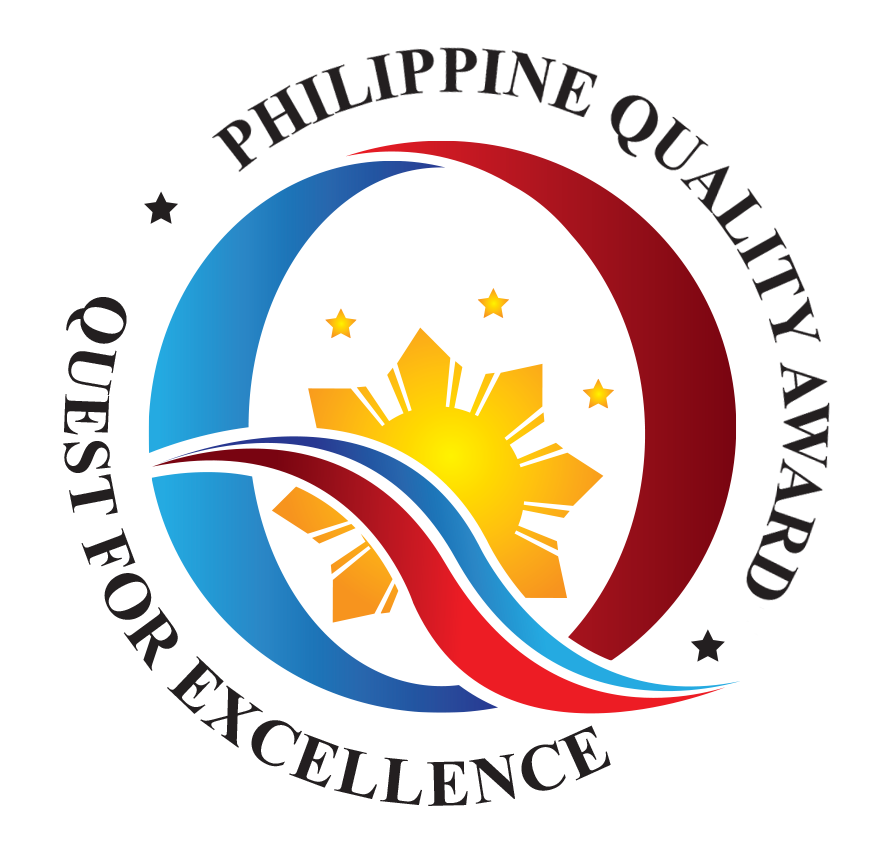DTI PQA Secretariat, DTI Region 1 Representatives, and DMMMSU Officials and Participants DTI-BCD and DTI-Region 1 kick off Region 1’s journey to excellence! 5... (Read More)
Awardees & Recipients
Recognition for Mastery in Quality Management

First Sumiden Circuits, Inc.
First Sumiden Circuits, Inc. (FSCI) is a joint venture among Sumitomo Electric Industries, Inc. (SEI, with 51%), First Philippine Holdings Corporation (FPHC, with 40%), and Sumitomo Corporation (SC, with 9%). Incorporated in March 1996, FSCI was registered with the Philippine Economic Zone Authority (PEZA) as a pioneer economic zone enterprise in April 1996. Its plant at the Special Ecozone of the Light Industry and Science Park (LISP) in Cabuyao, Laguna, was inaugurated in July 1997.
FSCI manufactures flexible printed circuits (FPCs) which are small, lightweight wiring components with electronic circuits printed on a flexible film. In order to meet customer needs for complex parts mounting indispensable for high density information transmission, FSCI have recently established flip-chip mounting technology for FPC application (FCOF). FPCs are widely used in electronic devices such as hard disk drives (HDDs), cell phones, car audio equipment, DVD and CD players, cameras, and printers. Consistent with its PEZA registration, FSCI sells 100% of its FPCs to the export market. These are either transported by air to its overseas customers, or by truck to its local multinational customers as constructive exports. FSCI uses freight forwarders to handle its export shipments, but delivers directly to its local customers.
FSCI strives to become a center for global manufacturing competence in FPC manufacturing. Part of the strategy of SEI in locating its plant in the Philippines is to locate near its customers, such as Fujitsu, Hitachi, and SHARP, all of which have factories in the Philippines. FSCI's strategic plan is guided by its vision of becoming the "world's leading manufacturer of flexible printed circuits" and its mission to "capture the flexible printed circuits market by providing the highest quality, lowest cost and fastest delivery time, in order to increase the value for our stakeholders".
FSCI is shaping a culture of innovation, empowerment, and agility that values employee learning and continuous improvement. Employees are guided by a set of core values, which have been published and disseminated to all employees through communication channels, training programs and company-wide activities following the deployment process of the performance management system. These values, manifested in employees' behavior at all levels of the organization, are: Customer satisfaction, Ownership and commitment, Discipline, Teamwork, Integrity, Continuous improvement, and Respect for each other.
Recognition for Commitment to Quality Management

Johnson & Johnson Phils., Inc. (Consumer Division)
Johnson and Johnson (Philippines) Incorporated was organized in 1956 as a subsidiary of Johnson & Johnson, a U.S. corporation with headquarters in New Brunswick, New Jersey, which is the world's largest and most diversified manufacturer of healthcare products. The Philippine organization is now one of the largest and most aggressive of the affiliates in Asia.

National Economic Development Authority Region I (NEDA-I)
The National Economic and Development Authority is the country’s premier socioeconomic planning body, highly regarded as the authority in macroeconomic forecasting and policy analysis and research. It provides high-level advice to policymakers in Congress and the Executive Branch. Its key responsibilities include:
- Coordination of such activities as the formulation of policies, plans and programs to efficiently set the broad parameters for national and sub-national (area-wide, regional and local development);
- Review, evaluation, and monitoring of infrastructure projects identified under the Comprehensive and Integrated Infrastructure Program (CIIP) consistent with the government’s thrust of increasing investment spending for the growing demand on quality infrastructure facilities; and
- Undertaking of short-term policy reviews to provide critical analyses of development issues and policy alternatives to decision-makers.

National Transmission Corporation
The National Transmission Corporation (TransCo) is a government agency created under Republic Act No. 9136, otherwise known as the Electric Power Industry Reform Act (EPIRA) of 2001.
Since March 1, 2003, TransCo operated and managed the power transmission system that links power plants to the electric distribution utilities nationwide. The same law mandated the privatization of TransCo through an outright sale or management concession agreement.
Following a public bidding conducted in December 2007, the TransCo concession was awarded to the National Grid Corporation of the Philippines (NGCP), which eventually secured a congressional franchise to operate the transmission network through Republic Act No. 9511.


